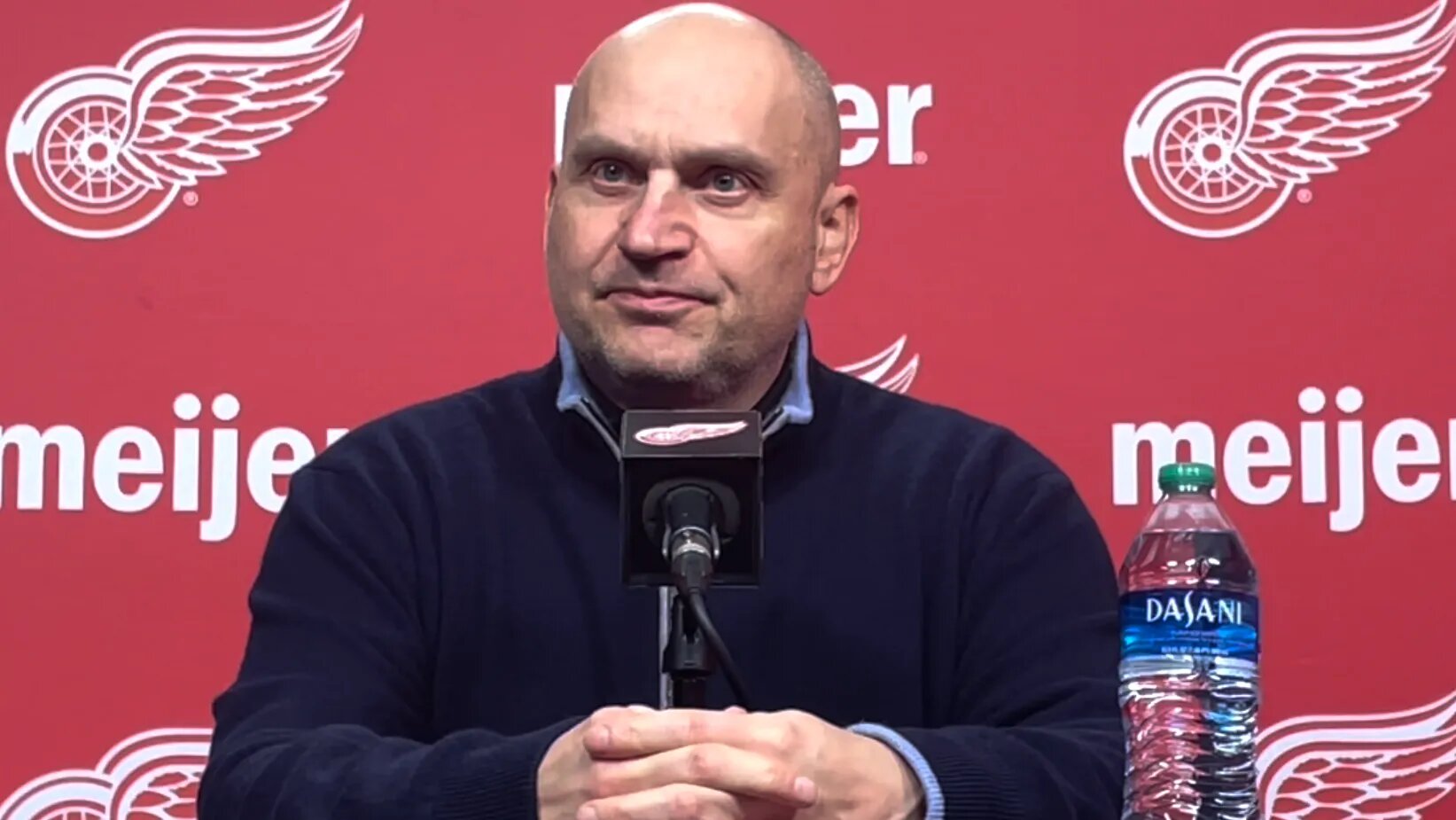**Breaking News: Marathon Runner, 35, from North Carolina Reveals How Ultra Deadly Cancer Started with Routine Health Check**
In a startling revelation, a 35-year-old marathon runner from North Carolina has shared his harrowing journey with a rare and ultra-deadly form of cancer, which he discovered through what he initially thought was a routine health check. The runner, identified as Michael Reynolds, detailed how a seemingly benign appointment turned into a life-altering diagnosis.
Reynolds, who has competed in numerous marathons and triathlons, described himself as the picture of health. Known for his rigorous training regimen and impeccable physical fitness, Reynolds had always considered himself at the peak of health. However, his life took an unexpected turn earlier this year.
The story began with Reynolds’ decision to undergo a routine physical examination. He wanted to ensure that his body was coping well with the demands of his intense athletic lifestyle. During the examination, his physician recommended a series of additional tests as a precautionary measure. Despite his initial skepticism, Reynolds agreed, primarily driven by his commitment to maintaining optimal health.
Weeks later, Reynolds received the devastating news that these additional tests had detected a rare and aggressive form of cancer known as pancreatic neuroendocrine tumor (PNET). This type of cancer, while rare, is known for its rapid progression and poor prognosis, particularly when not detected early.
Reynolds expressed shock and disbelief upon receiving the diagnosis. “I was completely blindsided,” he said. “I had always been the healthiest person I knew. To think that something so deadly was silently growing inside me was surreal.”
The cancer had been in its advanced stages by the time it was diagnosed, a reality that often occurs with PNET due to its subtle and non-specific symptoms. Reynolds revealed that he had experienced mild discomfort and fatigue, but he attributed these to his rigorous training and long hours of running, dismissing them as part of the physical strain of being an athlete.
The revelation has since prompted Reynolds to share his story publicly, with the hope of raising awareness about the importance of regular check-ups and the need for athletes and health-conscious individuals to heed even the slightest changes in their health. “If I can save one person from going through what I am, then sharing my story is worth it,” he said.
Medical experts underscore the significance of Reynolds’ experience. Dr. Susan Martinez, an oncologist specializing in rare cancers, explains that routine health checks can sometimes reveal issues that might otherwise go unnoticed. “For many cancers, early detection is crucial for effective treatment,” Martinez noted. “Michael’s case is a stark reminder that even the fittest individuals are not immune to serious health conditions.”
Reynolds is currently undergoing a comprehensive treatment plan, which includes surgery and a regimen of chemotherapy. Despite the severity of his diagnosis, he remains hopeful and determined, continuing to inspire many with his resilience and positive outlook.
His story has garnered significant media attention and has been shared widely on social media, where it has sparked conversations about cancer awareness and the importance of regular medical evaluations for everyone, regardless of their perceived health status.
As Reynolds faces this challenging battle, his experience serves as a powerful reminder of the unpredictable nature of health and the critical role of proactive medical care.



